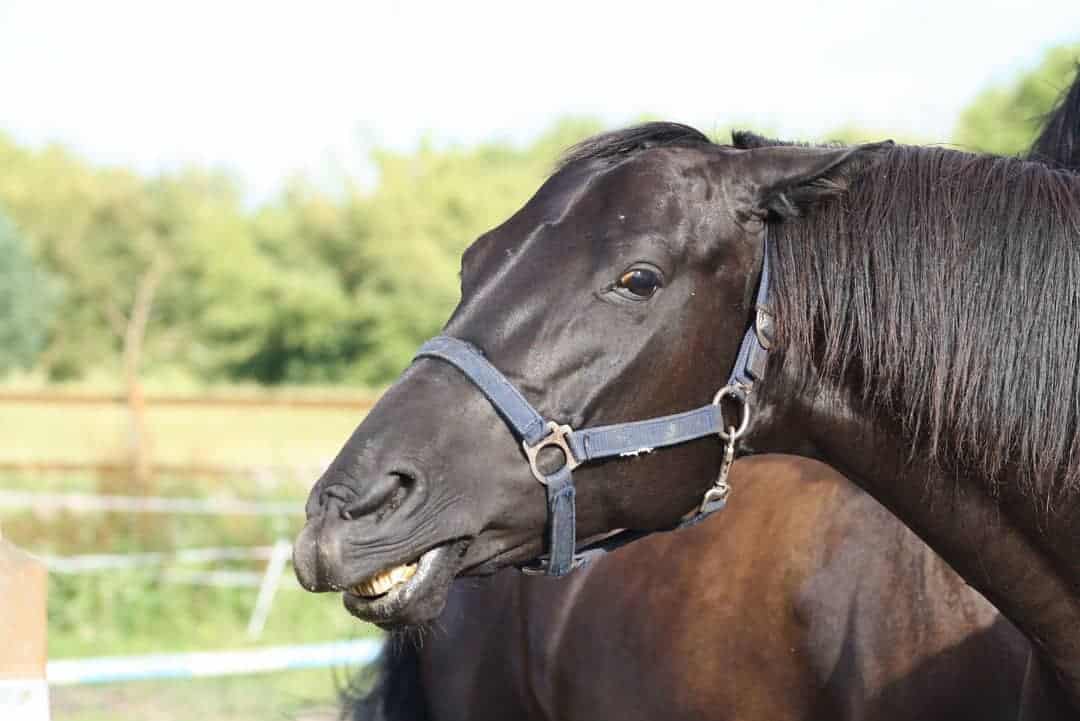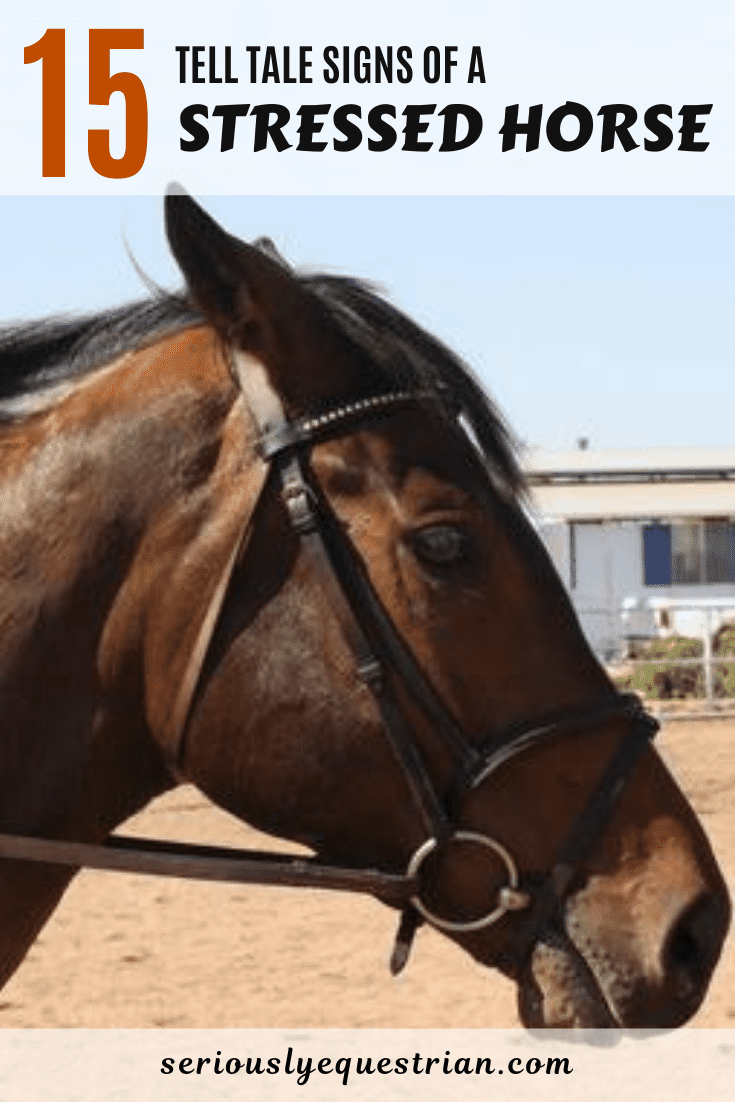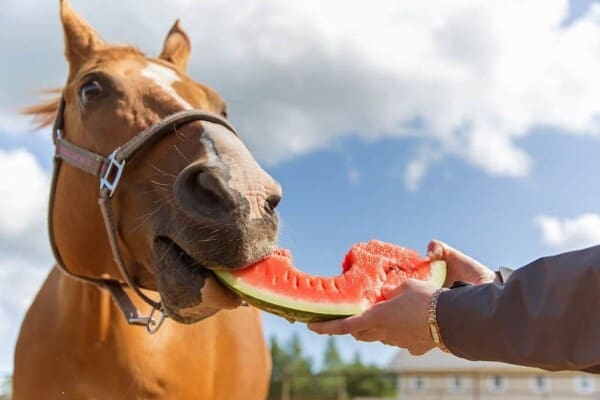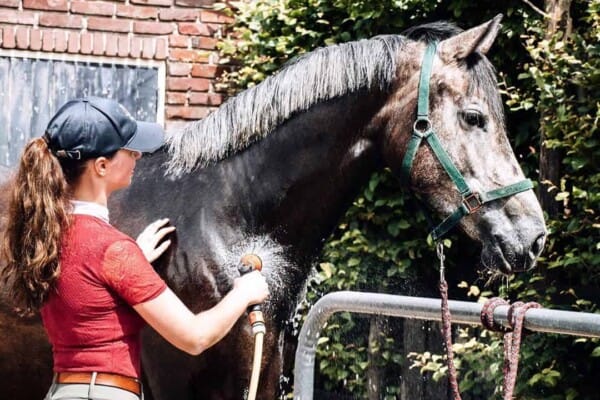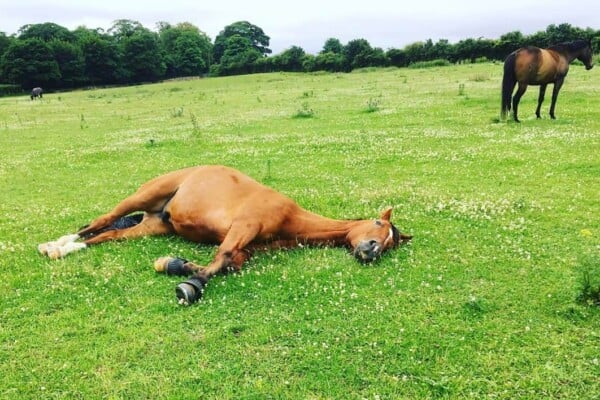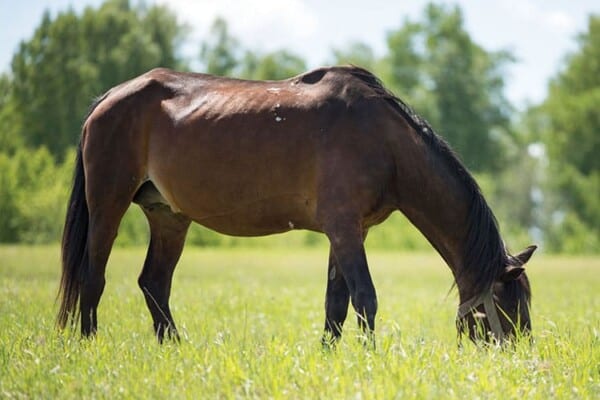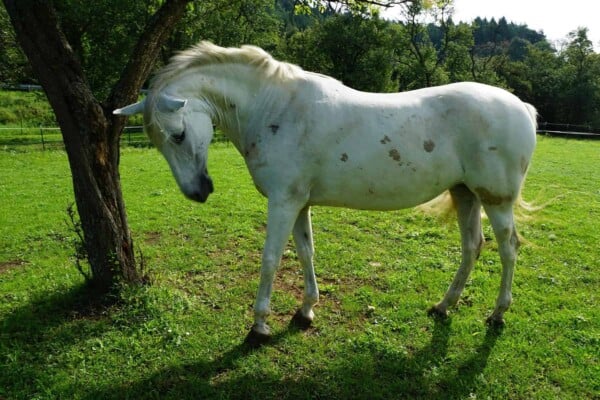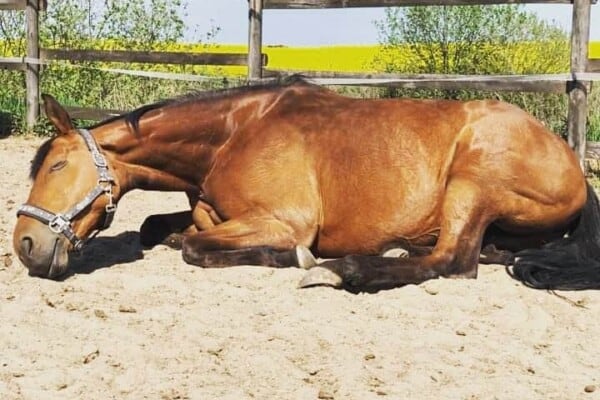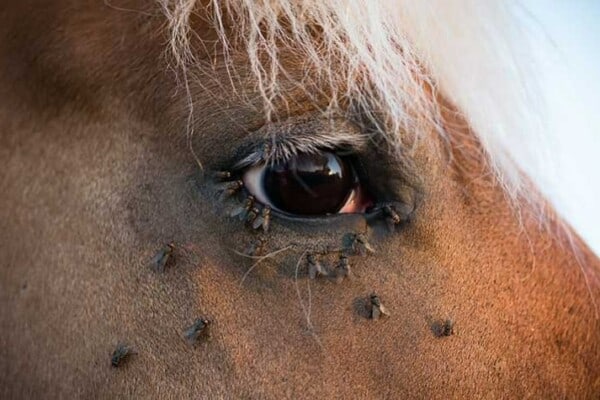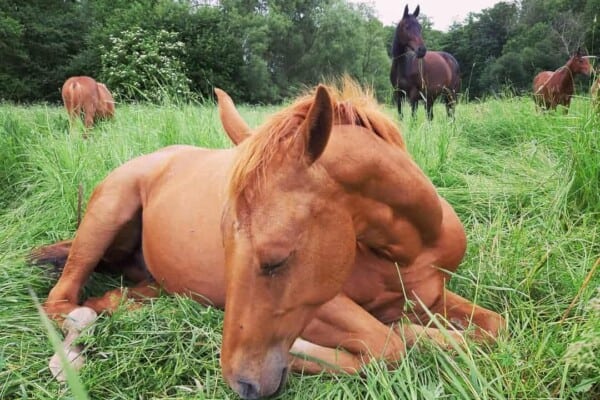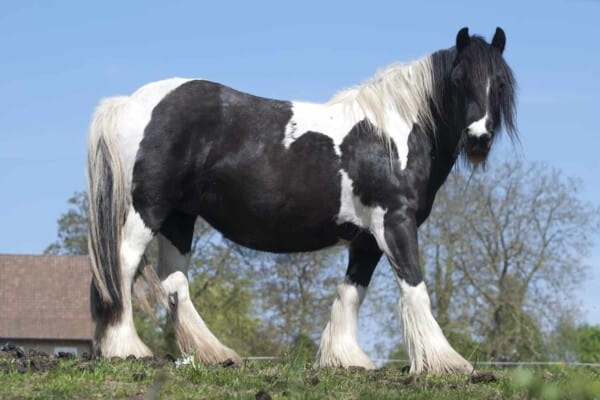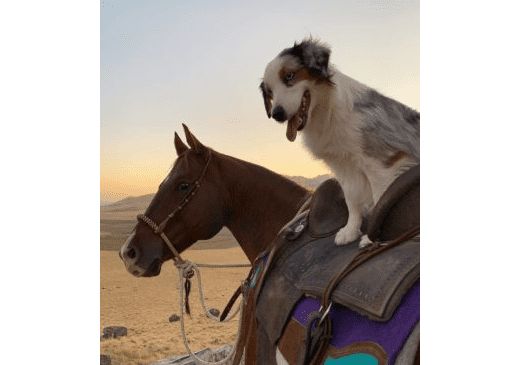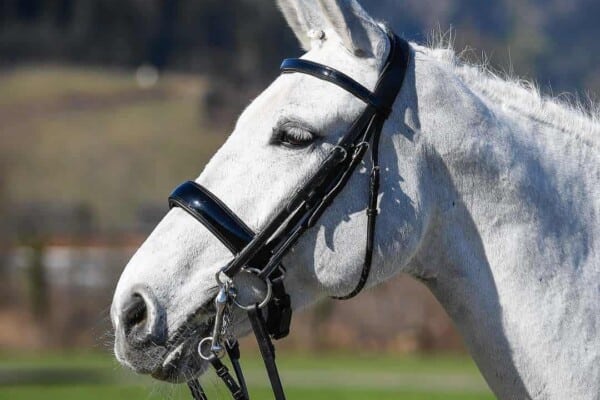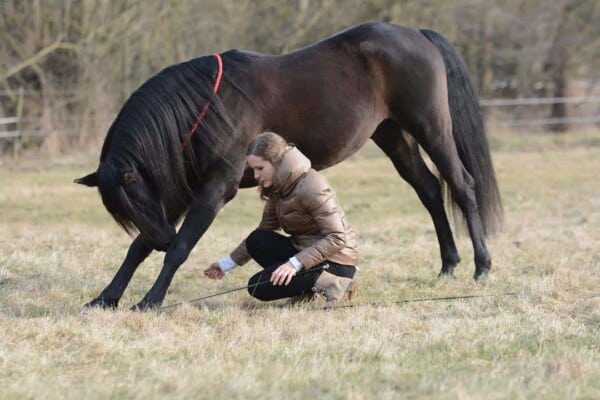Horses are incredibly sensitive creatures with A very highly developed sense of sight, sound and smell. As a flight animal, they are constantly attuned to signs of danger and the unknown. As a result they can become easily stressed by things they don’t understand, things they dislike and objects or situations which frighten them.
Horses are also animals of habit and companionship so it is easy to stress them by altering the yard routine, removing their field companion or changing their stable. Stress is an almost unavoidable part of life and all horses will experience stress at some point despite the best handling, stable management and regimes.
Managing stress
Most sensible owners arrange their horses care to minimize stress on welfare grounds. Stress can lead to injury and other long term and chronic issues like stomach ulcers or acute episodes such as colic. But it is almost impossible to remove all sources of stress in the horse’s daily life and cater for every eventuality. At a time of stress, a horse who respects and trusts his handler should have a mechanism for support but it remains important to manage or alleviate the cause of the stress before long term harm is caused. It is also crucial to establish that any stressful behavior is not being caused by pain, either acute and sudden in onset or chronic.
When a horse is stressed, typically his pulse and respiration rates will dramatically increase and usually decrease if the source of the stress is removed. It is always important not to assume that stress is definitely the cause of increased vital signs but to consider whether the horse may be in pain or suffering from an illness. Some of the classic indicators of stress could have other causes. Here are some of the main signs and symptoms that your horse is suffering from stress:
- Not finishing food or taking longer to eat due to distraction or worry so snatching at food and then going to the back of the box or to the door to look at something. This could be a transient issue – the horse has spotted the vet or heard the clippers – or it could be more continuous such a horse slow to settle in a new yard
- Tooth grinding – this can be in the stable or under saddle
- Yawning – yawning is thought to create an endorphin release which is one of the ways horses try to manage stress. It is easy to misread yawning but horses don’t yawn if they are tired in the same way humans and dogs do
- Weight loss due to poor appetite or perhaps persistent box walking. Ulcers which can be caused by stress will also cause weight loss because gastrointestinal discomfort will usually reduce appetite anyway. Horses which are stressed don’t thrive and often have a dull coat and an anxious eye
- Repeated diarrhea or increased urination, droppings may just be very frequent or may change in consistency and become looser and more like cow dung
- Constantly calling perhaps for an absent yard or field companion
- Pawing the ground or kicking the door – this can just be an established bad behavior pattern as well as an indicator of stress
- Cribbing or wind sucking although this can become a confirmed habit which is almost present by default with the initial cause of the stress a distant memory
- Weaving, when the horse sways from side to side weaving his neck
- Box walking, endless patrolling round and round the stable
- Fence walking, walk a line up and down in the paddock
- Inexplicable change in attitude; this is often the result of stress or the onset of pain or discomfort
- Behavioral changes under saddle such as spooking, bucking, taking flight, pawing, tail swishing or rearing. There are so many reasons which can trigger this type of behavior. It is important to be systematic and work through the usual checklist of teeth, back and saddle to make sure nothing obvious is wrong. A change of rider on an established horse can cause the horse stress so look at the horse’s ridden work and regime in the round
- Acute pain such as the muscle spasm associated with colic
- Trembling, sweating and an elevated pulse. These will all be clearly visible and the initial response might be to look for a pain trigger but stress can produce any or all of these indicators
Conclusion
Horses are like people – they are all different and so some horses naturally stress more than others. Experienced horses may worry less than young horses simply because they have seen most things that life has to offer. There aren’t any breeds or types which are more stressful than others although some people might maintain that blood horses and sports horses are sharper and more sensitive. It is usually down to the individual character of that particular horse.
Horses which have been well handled and professionally managed throughout their lives will undoubtedly suffer less stress than those who have been abused or poorly handled or neglected. A horse who knows what is expected of him and understands and obeys commands both on the ground and under saddle will always cope better with stressful situations than a horse who has received less education and is unsure of what is required of him.
Always try and remain calm with a stressed horse as the horse looks to the handler for security and comfort. If you cannot remain calm then it is always better to hand the horse over to someone who can even if the horse is less familiar with them. Horses will read your stress and it will be much harder to ask them to do the task presented to them if the handler is also worried. Know your horse’s stress triggers, it could be the sound of the clippers, the sight of the horsebox backing into the yard or a change of routine in the yard. Stress cannot ever be completely eliminated but with care, it can be managed and minimized to levels which are acceptable to the horse and don’t cause any long-term damage.

